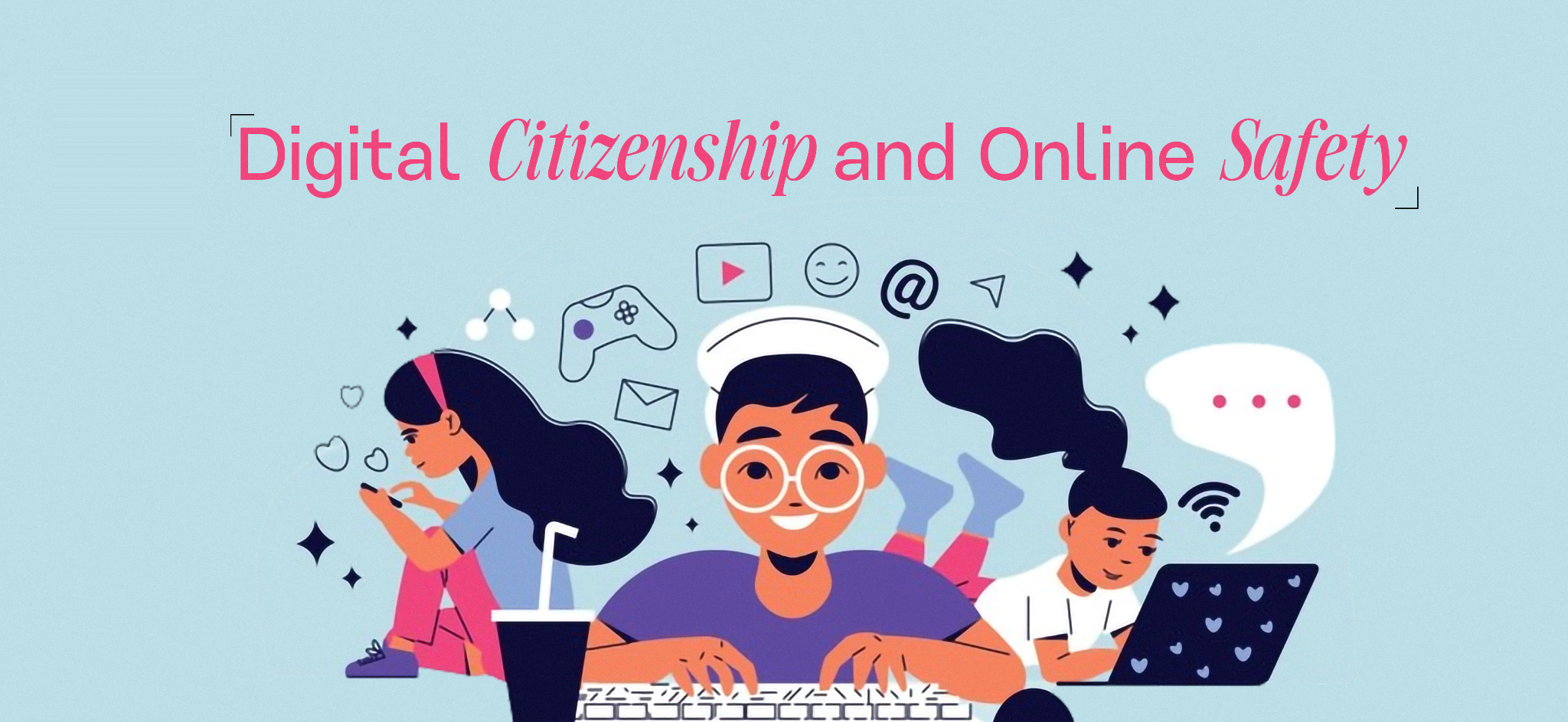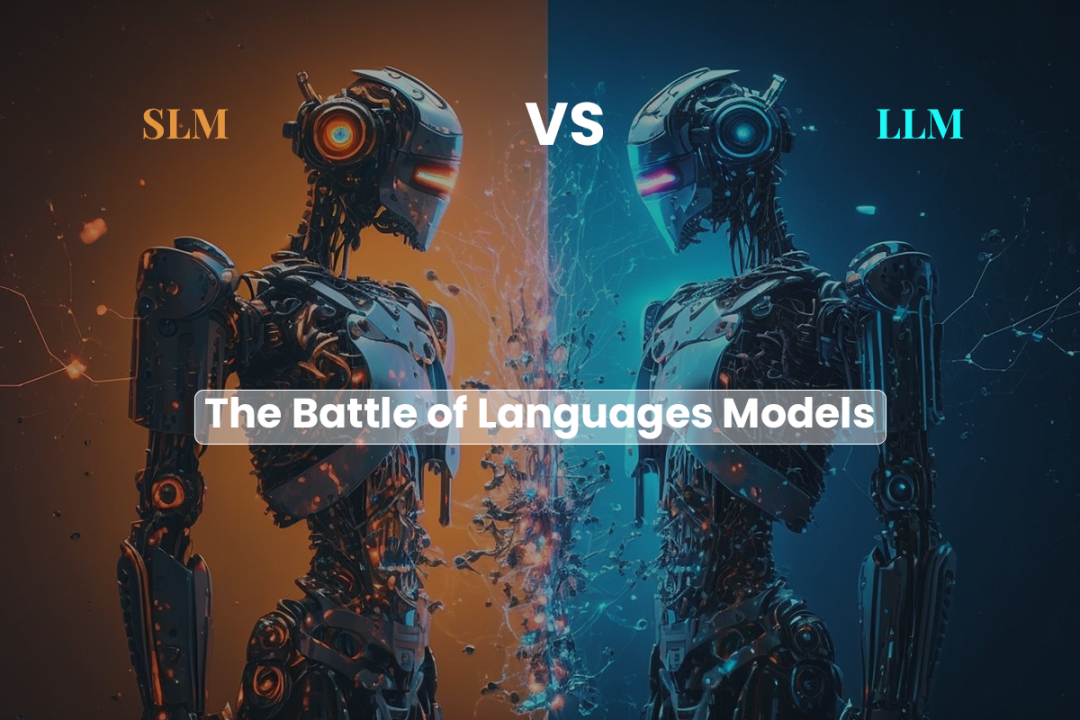Digital Citizenship for Students
Created On, 22 Oct 2024





Digital citizenship is the ability of individuals to use digital technology wisely, ethically, and responsibly. The implementation of the Digital Citizenship concept in civic education courses is crucial, given the rapid advancement of technology and the increasing use of the internet in everyday life. Through this course, students can learn how to interact positively and productively with technology, as well as understand its impact on society, the environment, and the economy. In addition, they will also study online security and privacy, copyright, and ethical behavior in the digital world.
By understanding the concept of Digital Citizenship, students are expected to become responsible citizens who are skilled in utilizing digital technology and contribute to reducing risks such as cyberbullying, online fraud, and other cybercrimes. Digital citizenship refers to the responsible use of technology by anyone who uses computers, the internet, and digital devices to engage with society on any level.
The use of digital technology brings many benefits, such as increased productivity and the ease of collaboration in working or learning with anyone, anytime, and anywhere thanks to the internet. Especially during the pandemic, digital transformation has accelerated, advancing technological development by 3-4 years. Physical interaction restrictions have pushed nearly all work and education to be conducted online. However, society must be aware of the potential risks of using digital technology, particularly when connected to the internet.
One of the main risks is cybercrime, which is crucial for the public to understand. Unfortunately, many people in Indonesia are not fully aware of this risk, causing many individuals and organizations to fall victim to cybercrime. This highlights the importance of raising public awareness about the threats in the digital space, especially in cyberspace.
According to research from the National Cyber Security Index (NCSI), an e-governance educational institution from Estonia, Indonesia ranks 76th with an index score of 38.96. This data shows that Indonesia still has weaknesses, particularly in the areas of literacy and education related to cybersecurity.
In addition to cybercrime, digital ethics also require attention. Based on a Microsoft survey conducted between April and May 2020 and released in February 2021, Indonesia ranked the lowest in the Digital Civility Index (DCI) in the Asia Pacific region. Indonesia’s DCI score worsened by 8 points compared to the previous report. The DCI measures the level of digital civility among internet users when communicating and interacting in cyberspace. A higher DCI score indicates a decline in civility.
The poor DCI score became evident shortly after the research results were released when Microsoft’s social media accounts were flooded with rude comments from Indonesian netizens, forcing Microsoft to disable its comment sections. A similar incident occurred in the controversy involving Gotham Chess and Dadang Subur (Dewa_Kipas), where Gotham Chess’ YouTube account was bombarded with negative comments from Indonesian netizens, leading to restricted access for them.
The rise in Indonesia’s DCI score was influenced by an increase in hoaxes, fraud, and scams by 13%, hate speech by 5%, while discrimination decreased by 2%. Alarmingly, the increase in the DCI score was mostly contributed by adults. As many as 47% of respondents admitted to being involved in bullying activities, and 19% had been targets of bullying, with 12% of incidents involving adults.
Gen Z is the generation that was born and raised in the digital era. They have easy access to digital technology, such as the internet, smartphones, and social media. As a result, Gen Z students have perspectives and lifestyles that differ from those of previous generations. They tend to rely more on digital technology in their daily lives, including in their learning and academic activities.
It is important for Gen Z students to understand the concept of Digital Citizenship because they frequently interact with digital technology in their daily lives, especially in academic contexts. In this digital era, social media has become the primary platform for participating in social and political activities. Engagement in social participation is an integral part of digital life, ranging from conversations in chat rooms to communication in community forums, as well as through the use of social media, image boards, review platforms, and discussion websites. The internet has enabled participation in various sectors such as culture, education, health, business, and politics (Reichert & Wenz, 2018: 5). By understanding this concept, Gen Z students can avoid the risks and dangers that may arise from digital technology use, while maximizing the benefits and opportunities that technology offers for academic purposes. Therefore, as Gen Z students living in the digital era, having sufficient knowledge and skills in Digital Citizenship and applying them in daily life, especially in the learning process and academic activities, is crucial.
Welcome to our blog section where we share the latest updates, insights, and stories from our community.

Do you still remember Sophia the Robot? She frequently appeared on global tel..

Small Language Models (SLMs) are gaining popularity due to their resource eff..

A growing number of governments globally are adopting artificial intelligence..

